Snag in Arrow’s application to drill near Hopeland contamination site
Arrow’s application to drill 280 gas wells near Hopeland’s contaminated site, hit a snag after a report said there’s “sufficient uncertainty” around further spread of contaminants.
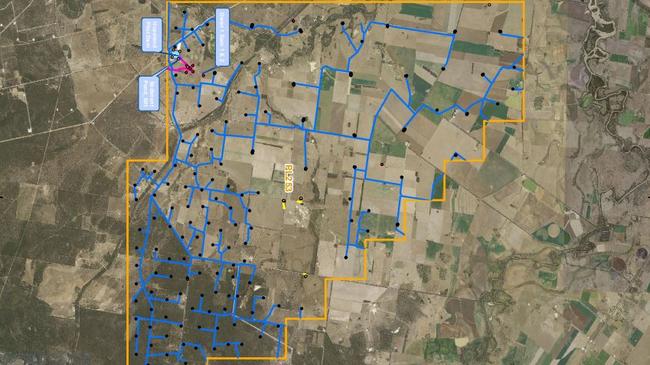
Chinchilla
Don't miss out on the headlines from Chinchilla. Followed categories will be added to My News.
Arrow Energy's plan to drill 280 gas wells in Hopeland, a stone's throw away from one of the state's worst contamination disasters caused by Linc Energy, hit a snag after an independent study said there may still be risks of contamination to groundwater.
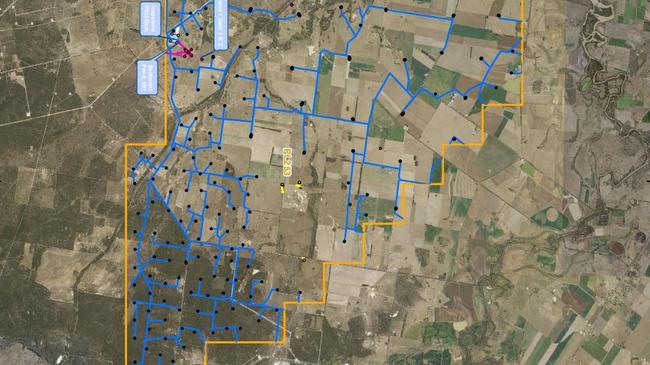
The independent report came about after Arrow Energy applied to the state government in late 2020 to amend a current environment application authority to include CSG wells, 440 kilometres of pipelines, and a raft of operational changes.
The Department of Environment and Science then commissioned a report into the risks associated with the project, where independent groundwater consultants, RDM Hydro, found there is "sufficient uncertainty" around the spread of contaminants via Arrow's activities.
"It cannot be conclusively stated that contaminants (including benzene and naphthalene) will not migrate beyond the site boundaries due to Arrow's development,'' the report stated.
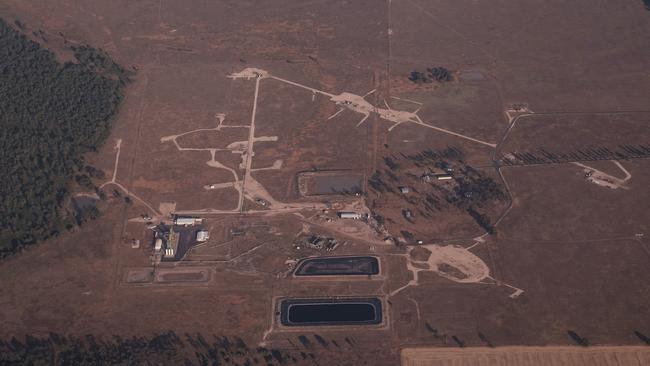
Located on the Western Downs just south of Chinchilla, a 10-kilometre no-go-zone was created around the contaminated Hopeland site in 2019 to mitigate the risk of further contamination being caused by CSG companies.
Chinchilla landholder, advocate and consultant Shay Dougall said the contamination risk of Arrow Energy's plan to expand operations in Hopeland only scratches the surface of a multitude of negative ramifications.
"Arrow have also applied to build a landfill for their waste, to dump their low point straight onto the ground which is high salts and other contaminants, and land spraying their residual drilling material onto properties - all of which is within an existing high value primary agricultural area," she said.
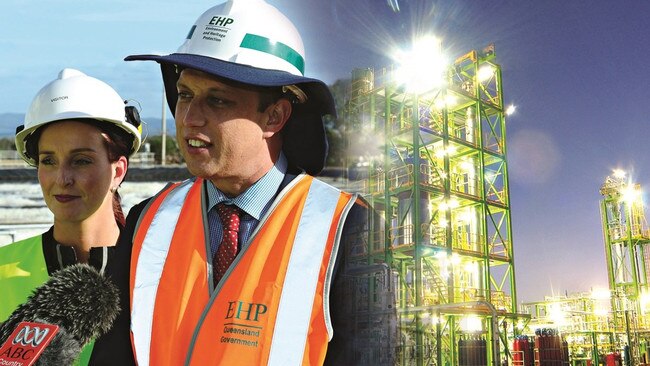
"The bottom line is there are greater risks to local landholders who are looking down the barrel of now a 'double barrelled' shotgun - with the legacy of Linc and now the impacts of Arrow.
"It is unlikely the farmers in this petroleum lease over Hopeland know about this independent report, and the fact it states there are residual risks associated with Arrows activities, or these additional approvals… (is) due to the broken permitting system.
"Once these are approved in the environmental authority, it is not a matter for the farmer to approve. It's a wicked situation for them to be in."
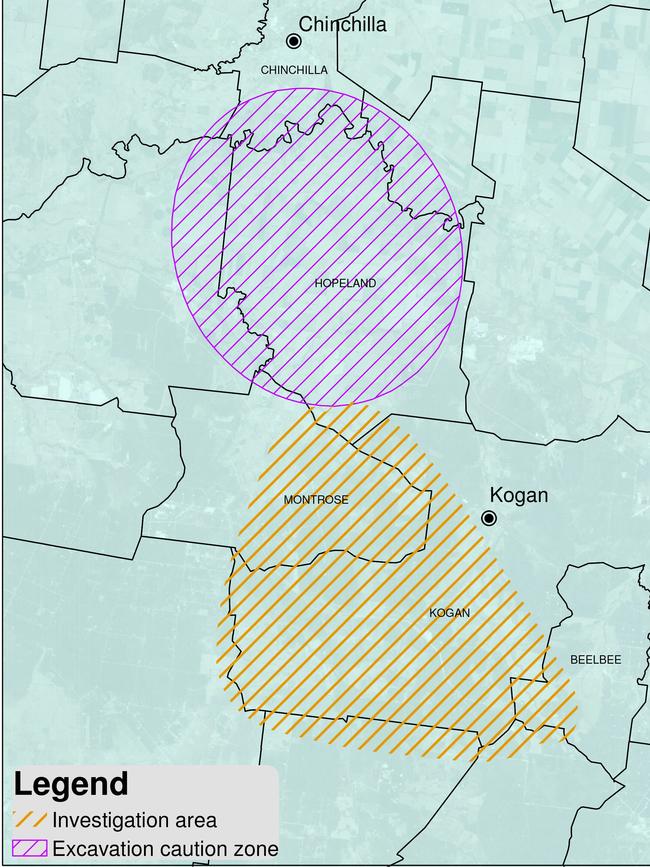
Ms Dougall is calling for transparency of information for farmers and greater protection for agriculture so they can make informed decisions on land access agreements that will affect their livelihoods - potentially for multiple generations.
"It's hard for them to find out any independent information - most of their data is directly from the multinational companies looking after their bottom line," she said.
The Department of Environment and Science will be making a decision on April 15 on whether to approve Arrow Energy's amendment application.
Arrow Energy CEO Cecile Wake responded to concerns that the plan to drill in Hopeland may result in the further spread of harmful contaminants, HERE.
Originally published as Snag in Arrow’s application to drill near Hopeland contamination site


